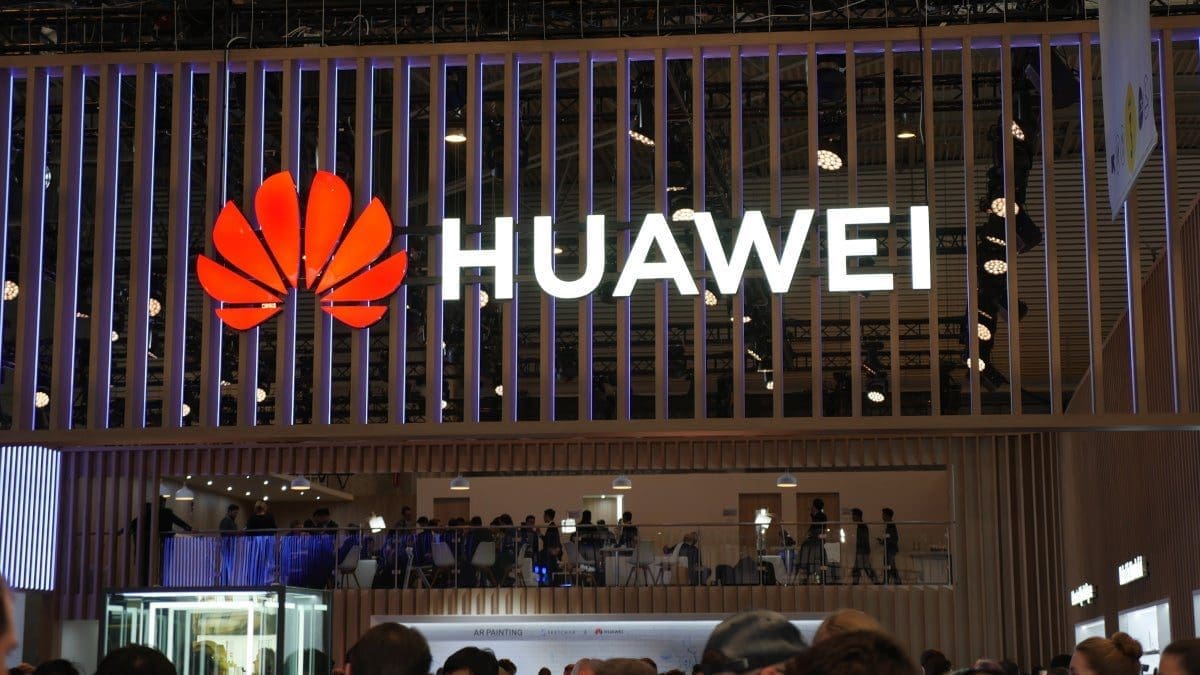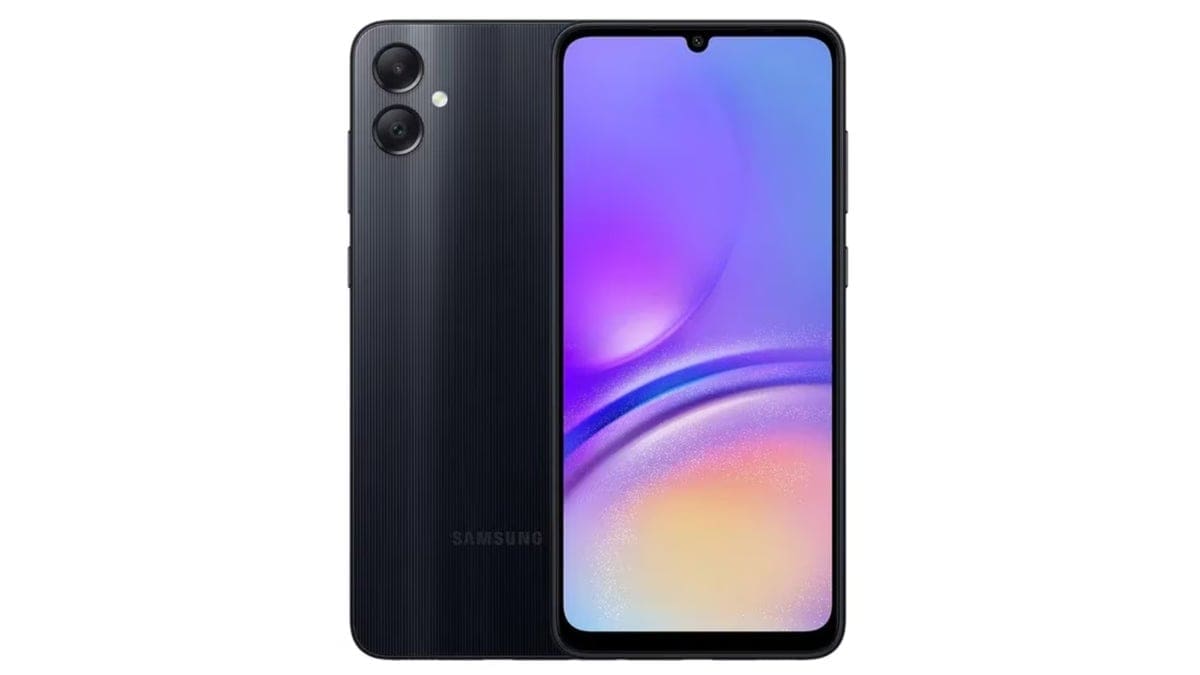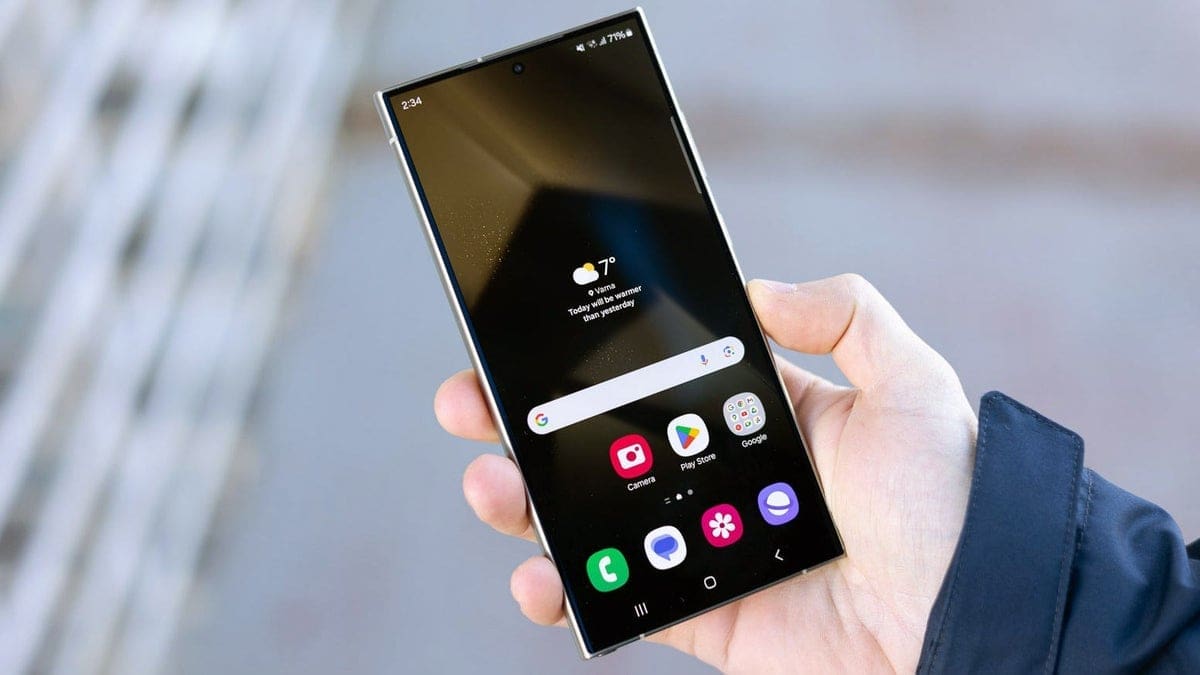Huawei, a leading telecommunications company, faced challenges with chip supplies for its flagship phones due to changing export rules in the U.S. However, recent developments have further complicated the situation:
– Huawei’s last 5G chips for its Mate 40 series were the Kirin 9000 SoCs from 2020.
– When Huawei ran out of Kirin 9000 chips, Qualcomm provided modified Snapdragon processors without 5G capabilities for Huawei’s P50, Mate 50, and P60 phones.
– Huawei later obtained 7nm Kirin 9000s 5G chipsets from SMIC, upsetting U.S. lawmakers concerned about China’s technological advancement.
Recent reports indicate that the U.S. has revoked licenses allowing Qualcomm and Intel to sell chips to Huawei:
– This move will impact U.S. chip sales for Huawei’s phones and laptops.
– House Foreign Affairs Committee Chairman Michael McCaul confirmed the revocation, citing concerns about preventing China from developing advanced AI.
Qualcomm stated that its business with Huawei has significantly decreased and will cease altogether soon. The U.S. Commerce Department emphasized ongoing assessments to protect national security interests.
In this rapidly evolving landscape, it is crucial for companies like Phones Canada to stay informed about industry developments and adapt their strategies accordingly to navigate the changing dynamics of the telecommunications market effectively.









